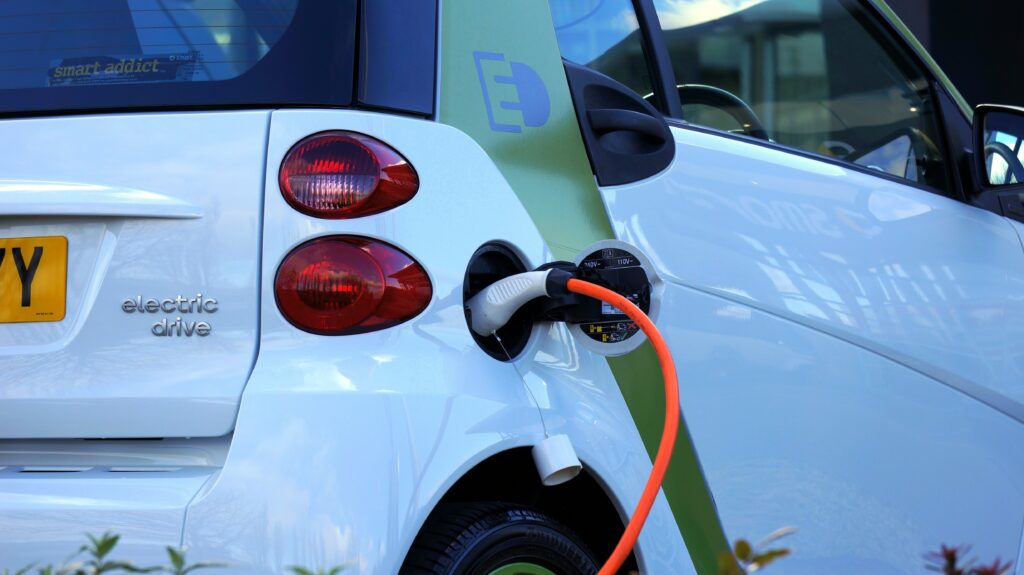MEP Christophe Grudler: “The EU Batteries Regulation will be a successful case study for the rest of the world”
The Cobalt Institute spoke with Christophe Grudler, Member of the European Parliament, about the EU’s Batteries Regulation and its contribution to the circular economy and climate neutrality.
The European Union has committed itself to achieve climate neutrality by 2050. How do you see the Batteries Regulation aligning the industry with and contributing to this goal?
The industry needs to be fully included in the European pathway to decarbonization, if not at the heart of it! The EU Green Deal is a massive opportunity for the EU to create a new industrial paradigm in which climate-proof sectors, such as batteries, will be fully on board to enhance our strategic autonomy in the most sustainable way. In the Industry, Research and Energy Committee (ITRE) of the European Parliament, we are confident that the regulation will be a successful case study for the rest of the world.
How can we ensure that the Regulation is future-proof while at the same time promoting an innovative market for batteries in Europe?
We have to make sure that the regulation sets a solid foundation to deploy a sustainable and innovative European market for batteries. In order to do so, the EU needs to work on gaining the investors’ trust by sending strong signals. I believe this is already the case with the successful European Batteries Alliance and the launch of the second Important Projects of Common European Interest (IPCEI) list to support research and innovation in all segments of the battery value chain.
Do you envision coherence between the due diligence requirements set in the legislative proposal and the horizontal sustainable corporate governance legislation coming out later this year?
Of course, it is essential that the framework is as harmonized as possible. We should prevent any double regulations that could harm the deployment of the sector. A good coordination should take place at EU level, within our own set of rules, but it should also be ensured at global level. I am notably thinking of the United Nations Guiding Principles on Business and Human Rights and the OECD Due Diligence Guidance for Responsible Business Conduct.
How do you see the Regulation contributing to the circular economy goals of the European Union?
The regulation will contribute to the circular economy goals, and with great extent! For instance, the regulation will enable to set a resilient framework for recycled content in batteries, asking for technical requirements. Targets are notably designed to monitor the amount of these specific materials recovered from waste present in active materials in the batteries.
Do you think the Regulation can and will serve as a global standard for the market of batteries outside the EU?
This is what we want to achieve indeed, notably thanks to CENELEC (European Committee for Electrotechnical Standardization) which actively works on developing effective standards with the help of the industry.
Christophe Grudler is a Member of the European Parliament from the Renew Europe Group. He is a member of the Committee on Industry, Research and Energy.

